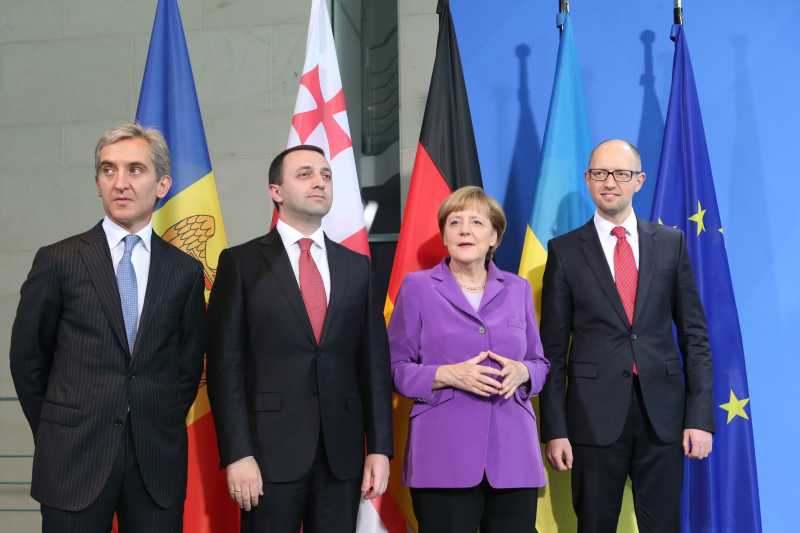More investments were the only way for the European Union (EU) to accelerate its too slow recovery, finance ministers agreed at the Ecofin meeting held in Italy’s Milan.

Italian Finance Minister Pier Carlo Padoan, who chaired the meeting in the country of the rotating EU presidency, said discussions were focused on measures to stimulate investments, especially private but also public as a “catalyst” of private businesses, Xinhua reported.
“We have given the European Commission (EC) and the European Investment Bank (EIB) the mandate to propose a plan of concrete measures that will be certainly ready by November, when the new EC is due to take office,” Padoan told a press conference at the end of Ecofin.
In addition to structural reforms to create a better investment environment, Padoan said in a system centered on banks like the European one, it is also important to create new financial instruments besides loans to finance growth.
“It is not a black or white question when you have too choose between investments or consolidation,” European Commissioner forEconomic and Monetary Affairs Jyrki Katainen said.
He agreed with Padoan that EU member states especially need investment in the private sector where “there is much more money than in the public sector”.
But investment must be encouraged by structural reforms especially on research, innovation, infrastructures and digital agenda, he added.
Katainen also stressed that although many countries in Europe are carrying out or planning ambitious reforms, including Italy, implementing such reforms is also fundamental.
“Investment in the eurozone is now 20 percent below what it was in 2007, and in the most stressed out countries the percentage is even much higher. We need a reversal in the behavior of investment, ” European Central Bank vice president Vitor Constancio pointed out.
He said the ECB supports the idea put forward by newly-elected EC head Jean-Claude Juncker to build up a 300-billion-euro package of investments over the next three years, and at the same time promotes diversification in sources of financing and range of investors.
“We anticipate that after the second quarter’s stagnation there will be positive growth in the fourth quarter, but growth for the whole year will be below one percent, which is indeed very small,” he said.
The fact that economic recovery in Europe is still “very modest”, Constancio said, is even more evident if some historical comparisons are made.
“For instance, GDP (gross domestic product) in some countries in the eurozone after more than six years are still below the levels of 2007, while the same countries took less time in the 1930s to achieve the same levels of 1930,” he noted.
The vice president said the ECB was also worried by low inflation, which combined with low growth increases the burden of debt of governments. Saturday’s Ecofin clearly highlighted a shared “sense of urgency” for reforms, he said.